9, November 2023
Manyu CPDM Leadership: Sheep leading giants 0
Any meeting intended to mobilize people to celebrate a disastrous leader in a failed state in the middle of a war and a cost-of-living crisis is likely to provoke strong emotions and should never be considered. Such meetings won’t be contemplated in any country where decent values and uprightness are second nature. CPDM political meetings around Southern Cameroons have been considered controversial, provocative and banned for over six years. The last CPDM assembly in Mamfe on Monday, 6th November, moved from controversial to pitiful. The meeting was held a few hours after the cruel massacre of over 25 innocent and defenseless people in Egbekaw village. The purpose of the meeting was for the leaders of the CPDM crime syndicate in Manyu to celebrate 41 years of Paul Biya on Cameroon’s throne.
It offered the Manyu CPDM criminals a rare opportunity to send photographic evidence to the CPDM central committee in Yaoundé that they were still loyal to the country’s Supreme leader, Paul Biya. After the Egbekaw massacre, the overwhelming majority of people in Mamfe thought that the assembly should have been cancelled. The people of Mamfe wanted a peaceful march around the city to express solidarity and demonstrate empathy and sympathy with the families of those who lost their lives in tragic and inhuman circumstances. However, the so-called Manyu CPDM elites were not in the mood for compassion. They had come to Mamfe under the protection of armoured vehicles designed for the streets of Ukraine and nothing would stop them—not even the worst massacre in Manyu in over 18 months.
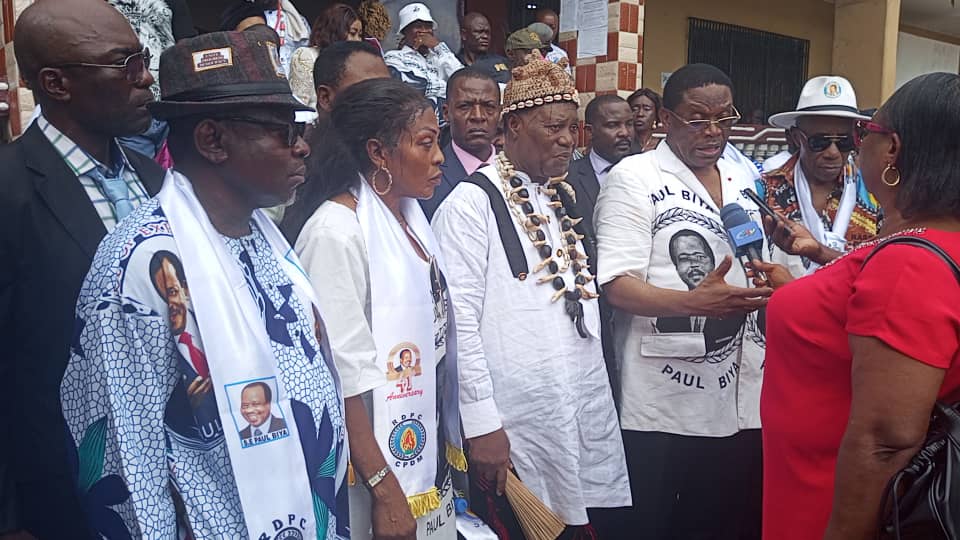
And so, the celebration went ahead under a pathetic spectacle. Chief Tabetando of Bachou Ntai village looked every inch as frail as his boss, Niat Njifenji, the senate president. The Chief could hardly stand without the aid of his walking stick. Minister Mengot Arrey Nkongho appeared reddish in complexion, a considerable worry for a man who prides himself on his looks. The minister must have sat in an uncomfortable position for hours, squeezed inside the armoured tank that transported them from Muea to Mamfe. The minister looked apprehensive, shaken and wore the look of a man with a running stomach. The sight of the day belonged to Chief Prof Teddy Ako of the Chiefdom of Ossing. Cameroon Concord News has reliable information that Chief Ako is a decent man dragged reluctantly into CPDM politics by the other gang members. Chief Ako’s CPDM shirt was four sizes too large for him. It looked on him like a carpenter stitched it. Then, there was the former Mayor of Mamfe, one Mr Ayuk Takunchong, notorious for always hugging the corridors of power in search of leftovers.
The meeting went ahead with these clowns taking turns to read messages of support to Mr Biya. A sorrowful sight indeed! As people cried in Egbekaw and the hospital mortuary, these thugs sat down, ate, drank and celebrated forty-one years of misery. It was scandalous and criminal.
The quality of Manyu leaders today is a considerable worry. They are political comics pretending to lead a people desperate for strong and upright leadership. Pa Enow Tanjong, the late Chief ET Egbe including the late Hon Effiom, and Chief Michael Tambong Kima will be turning in their graves with fury as they watch these delinquents and petty criminals making a mockery of the art of leadership.
These are complex times for Cameroon and Manyu when intellectual and political giants are required to lead, but unfortunately, clowns have the levers of power. The CPDM does not welcome brave and gifted visionaries; therefore, the future of Manyu and Cameroon is in serious trouble.
By Agbor Paul Enow in Mamfe
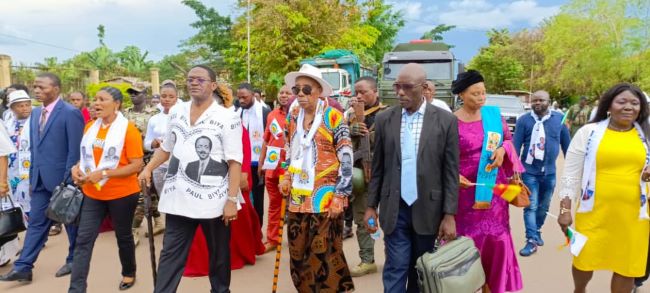


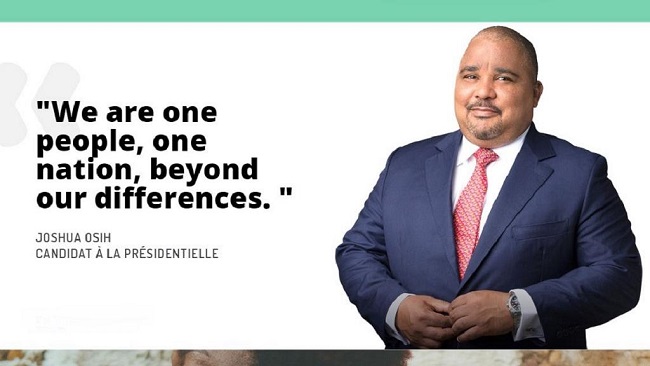


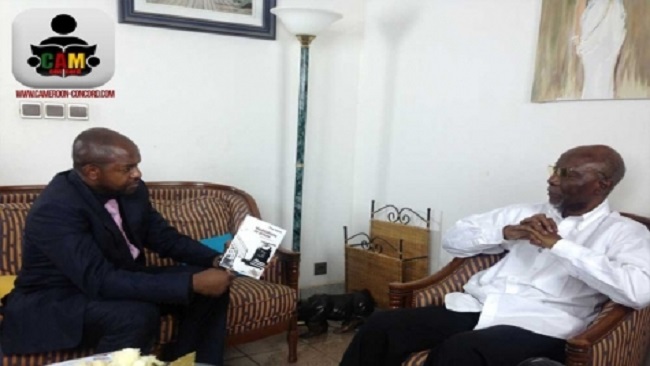
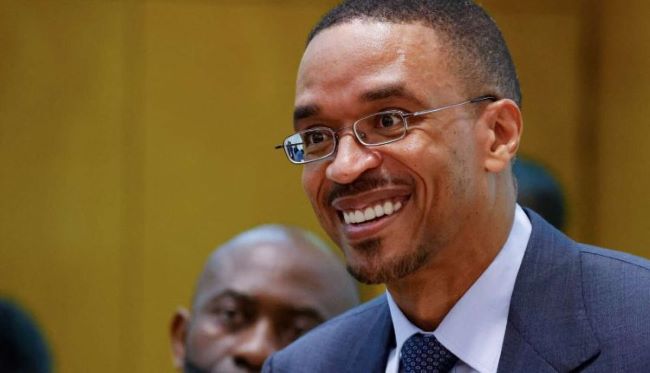
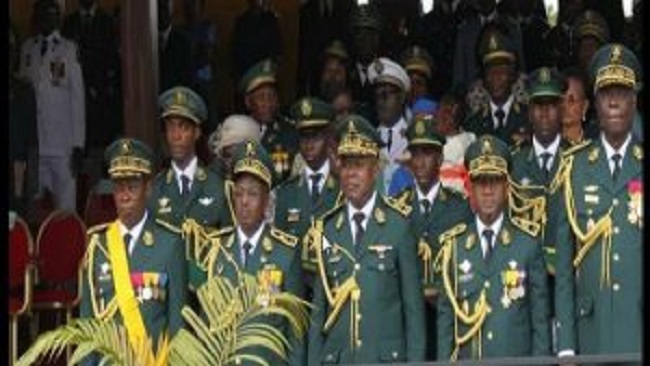

















1, December 2023
Etoudi: Farewell Audience to Indian High Commissioner 0
Paul BIYA granted a farewell audience to Anindya Banerjee, High Commissioner of India to Cameroon on 29 November 2023 at Unity Palace.
Biya and Banerjee reportedly discussed issues of common interest, including the strengthening of the friendly and cordial bilateral relations that exist between Yaoundé and New Delhi in areas like trade, agriculture, health, and capacity building.
The outgoing Indian Diplomat started his mission in Cameroon on 21 February 2022.
Culled PRC